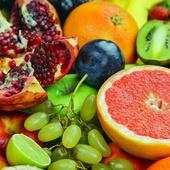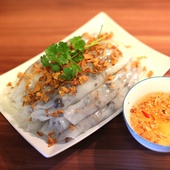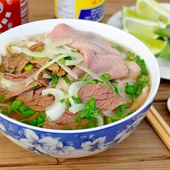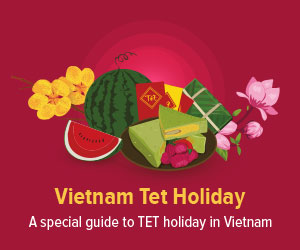Sugar-apple
About Sugar-apple (Qua na)
Sugar-apple is regarded as one of the most nutritious fruits in Vietnam, known for its sweet flavor and creamy texture. Originally originating from the tropical regions of the Americas, sugar-apple trees are now cultivated in various countries, including Vietnam. In Northern Vietnam, sugar-apple is referred to as Na, while in the South, it is known as Mang cau ta. There are several varieties of sugar-apple cultivated in Vietnam:
- Na dai: This variety is easy to peel, has a sweet flavor, and is firmer, allowing it to last longer without bruising.
- Na bo: This type is sweeter but more challenging to peel; it is starchy and has a shorter shelf life.
- Na tim: Similar to Na dai sugar-apple, but distinguished by its purple skin.
- Queen sugar-apple (Na nu hoang): An imported variety cultivated in Dong Nai, this type features fewer seeds and can weigh over 1 kg.
- Forest sugar-apple (Na rung or Na day): Grown in the wild, these can weigh between 3-4 kg and are often used for medicinal purposes.
How to Eat Sugar-apple
Not only is sugar-apple delicious, but it is also rich in vitamin C, vitamin B, calcium, iron, magnesium, and phosphorus. Consuming sugar-apple in the proper manner can provide significant health benefits.
How to Eat
The most common method to enjoy the natural nutrients is to consume fresh sugar-apple. Simply rinse the sugar-apple under running water, dry it with a soft cloth, peel the skin, and eat the white flesh while discarding the seeds.
Cautions
- Do not eat unripe sugar-apple: Consuming unripe sugar-apple may lead to digestive disorders and constipation due to its high tannin content.
- Do not chew sugar-apple seeds: While swallowing seeds accidentally is generally not harmful due to their hard shell, chewing them can result in gastrointestinal poisoning.
- Consume in moderation: Eating excessive sugar-apples may lead to skin breakouts, constipation, or iron overload. It is recommended to have 1 to 2 sugar-apples per day.
- Restrict sugar-apple for diabetics: Due to its high sugar content, those with diabetes should limit their intake to 100-150g per day to manage blood sugar levels.
Where Sugar-apple is Grown in Vietnam
Thanks to its adaptability, sugar-apple is cultivated across all regions of Vietnam, from North to South. Lang Son is recognized as the province with the highest sugar-apple harvests, renowned for its Dong Banh variety, which is highly favored among consumers.
Other notable areas for sugar-apple cultivation include Dong Trieu and Quang Ninh (starchy sugar-apple or Na bo), Dong Nai (Queen sugar-apple), Thanh Hoa (purple-skinned sugar-apple), as well as Son La, Lang Son, and Bac Giang (forest sugar-apple).
What are the Benefits of Sugar-apple
Beyond its delightful taste, sugar-apple offers numerous health benefits. Packed with vitamin C, fiber, antioxidants, and essential nutrients like protein, iron, and potassium, sugar-apple serves as a valuable dietary addition. It is beneficial for pregnant women, helps prevent heart disease, stabilizes blood pressure, aids in cancer prevention, and promotes digestive health.
Furthermore, sugar-apple supports skin health, rejuvenates hair, enhances mood, and can aid in the prevention of depression.
Food Made from Sugar-apple
Sugar-apple smoothies are a popular beverage found in many coffee shops and juice stalls throughout Vietnam. After peeling and seeding, sugar-apple is blended with fresh milk, condensed milk, ice, and pureed to create a refreshing smoothie—an absolute must-try during the summer months.

Vietnamese Fruits - An Overview
Being geographically located in the tropical zone, Vietnam is truly a heaven when it comes to fruits.

Vietnamese Cakes - A Closer Look At Vietnam's Most Varied Food
An overview to the different types of cake in Vietnam.

Vietnamese Noodles - An Overview
An introduction to Vietnamese noodles.








